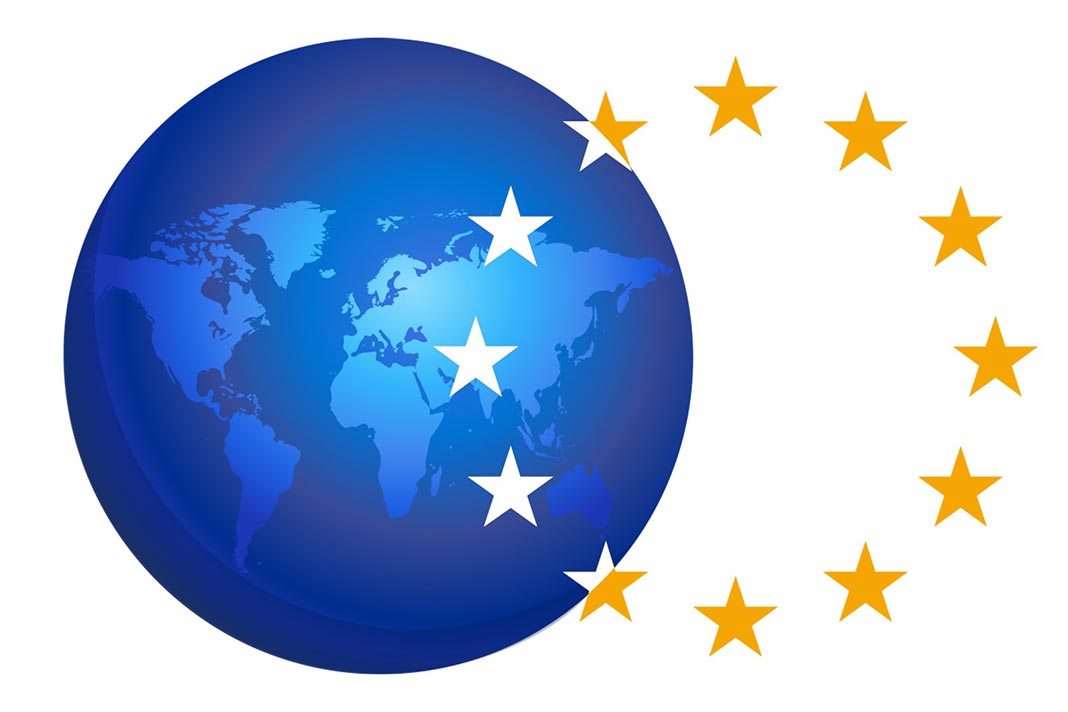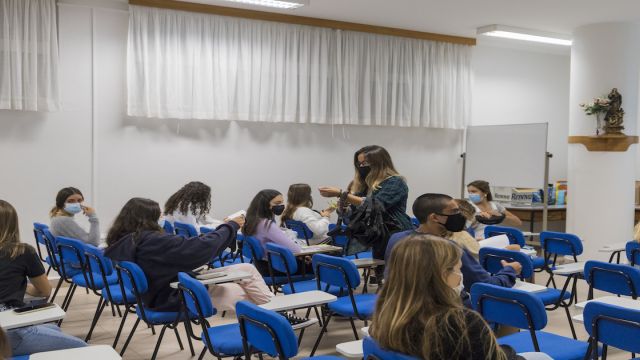
European External Action Service (EEAS)
• Functions: management of EU diplomatic relations with non-EU countries and conduct of European foreign and security policy
• High Representative of the Union for Foreign Affairs and Security Policy: Federica Mogherini
• Created in 2011
• Headquarters: Brussels (Belgium)
• Internet site: European External Action Service
The European External Action Service (EEAS) is the EU's diplomatic service.
Its objective is to ensure greater coherence and effectiveness of the EU's foreign policy, thereby strengthening Europe's influence worldwide.
What does the EEAS do?
• Supports the EU High Representative in the conduct of EU foreign and security policy
• Generate diplomatic relations and strategic partnerships with non-EU countries
• Collaborate with the national diplomatic services of the EU countries, the United Nations and other world powers
Practical examples of the EEAS action:
• Promotes peace through political, economic and practical support
• Ensures security under the common security and defense policy
• Maintains good relations with the EU's closest neighbors through the European Neighborhood Policy
• Provides development and humanitarian aid and responds to crisis situations
• Contributes to the fight against climate change and addresses issues related to human rights
Composition
The European External Action Service is headed by the EU foreign policy officer or High Representative of the Union for Foreign Affairs and Security Policy. It's composed:
• In Brussels, by specialized personnel transferred from the EU Council, the European Commission and the diplomatic services of the EU countries
• Worldwide, through a network of EU delegations
How does the EEAS work?
The High Representative is also Vice-President of the European Commission. It represents the EU's foreign and security policy worldwide, coordinates the work of the European Commission on EU external relations and chairs the meetings of foreign affairs, defense and development ministers. The High Representative / Vice-President is responsible for implementing the EU's foreign and security policy, in collaboration with EU countries and using national and European resources, helping to ensure consistency of EU foreign policy.
Outside its borders, the EU is represented by offices in different countries - EU delegations - with a role similar to that of an embassy.
The EEAS and the citizen
EU policies and programs in the field of foreign affairs help to protect you - as a European citizen - from outside the EU by providing you with training and career opportunities as well.
To interact with the EEAS, you can:
• File a petition on foreign policy issues
• Participate in public consultations on foreign policy

























